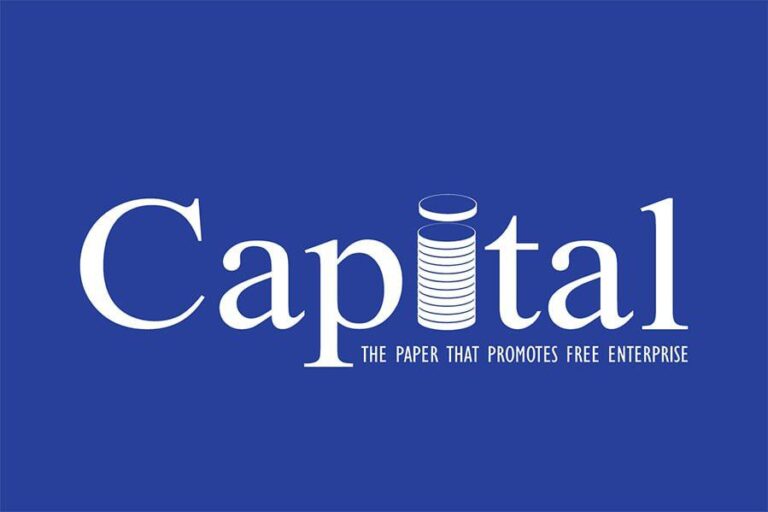Every now and then I look at vacancies that are announced on LinkedIn or other sites and open a link that I think could be interesting for myself or for others in my network. I usually get attracted by the organization that has posted the vacancy, the duty station, and the title of the position, like Project Manager, Finance manager, Controller, Water Expert, and so on. Further reading usually raises more questions than it gives clarity. Normally, the first extensive paragraph gives a description about the purpose and strategies of the recruiting organization. This part is often unnecessary extensive as it explains what the organization does globally as well as locally. This information is not something the reader will normally spend a lot of time reading. The reader who is looking for a new job will instead want to jump right away into information directly related to the vacant position. The general information about the organization could therefor better be limited to a few sentences, stating its vision and mission, followed by a short headlines description of what the organization does in Ethiopia.
Next comes the information directly related to the vacant position, normally the title of the position, purpose of the position, main tasks, & responsibilities, to whom the position is accountable, required academic level and sector, knowledge, skills, and experience. This is where I often get lost. In the first place, there may not be a direct relation between the title, purpose, and main tasks & responsibilities. A project manager does not necessarily need to have specialist sector skills for example, and an engineer, does not necessarily need to have project management responsibilities. And a list of main responsibilities should not describe all kinds of daily tasks to be carried out. And yet, what I see are endless lists of activities, more than 20 is not an exception, under the heading of main responsibilities for example. I also see extensive requirements and experience for junior positions or even interns. And so, the advert misses the point as it is often not completely clear what is to be expected. As a result, many people apply, who may in fact not qualify. They send in their CV, which often shows the same kind of outline, with endless lists of irrelevant information and a poor description of their motivation to apply for this particular job.
A poor description of a vacancy will probably result in a poor job description also, failing to describe clearly what is expected of somebody, what the delegated responsibilities are and for what there is accountability to who. And in turn this will make it difficult to assess somebody’s performance in an objective manner, to provide required support or to take disciplinary measures.
So how do we make more effective job descriptions? The job description should accurately reflect the duties and responsibilities of the position. When well-written, it produces a realistic picture of a job and answers the question, “What does the person in this role actually do?” A job description not only describes the position’s responsibilities, it sets the foundation for recruiting, developing, and retaining talent and also sets the stage for optimum work performance by clarifying responsibilities, expected results, and evaluation of performance. It is also an important component to maintaining an equitable compensation system and ensuring legal compliance. The document should be revisited and updated in line with the annual performance evaluation cycle. The job description contains sufficient information to describe major responsibilities and essential functions as they exist today. They provide the information necessary to classify the position, not the person; thus, they are “incumbent neutral” and not based on any specific quality of an incumbent (such as knowledge, skills, abilities, performance, dedication, loyalty, years of service, or degree). The document should not include every detail of how and what work is performed so that it remains useful even when minor changes occur.
A job description contains the following components: job title, job purpose, job duties and responsibilities, required qualifications, preferred qualifications, and working conditions. Job descriptions should be prepared in a manner that all components are accurately stated to create a clear understanding of the role. Here follow some suggestions:
- Write in a concise, direct style.
- Use simple language, keeping sentence structure as simple as possible. This will require less words, shorten the description, and make it easier to understand.
- Use descriptive action verbs in the present tense (for example: writes, operates, or performs).
- Avoid abbreviations and acronyms. Other people reading the position description may not be familiar with them. If abbreviations and acronyms are necessary, define them the first time you use them.
- Don’t use ambiguous terms. If you use terms such as “assists, handles, and performs,” describe “how” the position assists, handles, or performs. Using the word “by” and then detailing the processes, tasks, or operations performed will usually clarify the ambiguity.
- Avoid gender-specific language, such as, “He manages,” “She is responsible for.”
- Focus on essential activities; omit trivial duties and occasional tasks.
- Avoid references to other employee’s names, instead, refer to the job title or department.
- Don’t include: “Any other tasks or activities that will be asked”.
Ton Haverkort




